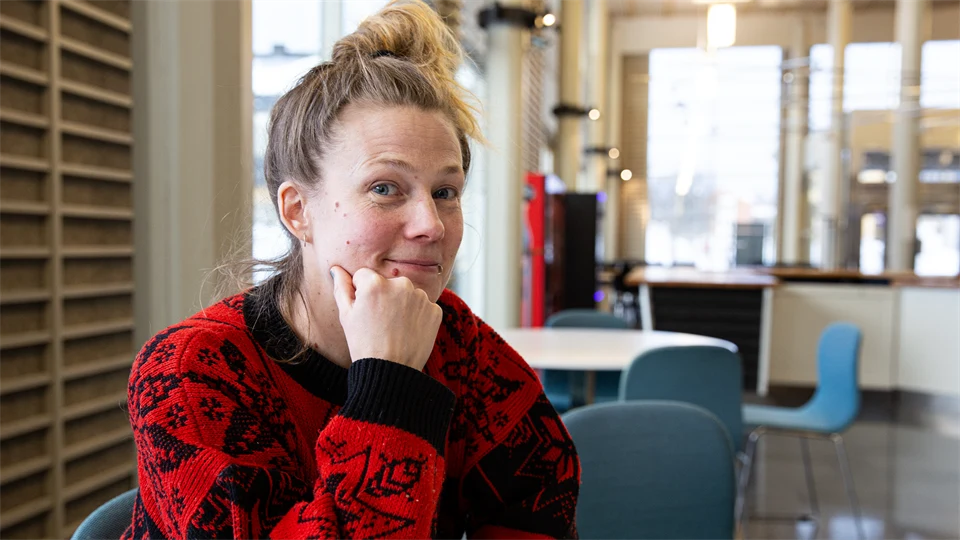"I'm trying to understand how Swedish colonialism shapes the narratives"
Sociologist Lisa Ridzén is up to date with her debut novel "The cranes fly south" but also with her research on Swedish and Sami men in the countryside.
Hi there, Lisa. You are researching men in rural areas and masculinity norms - tell us a little more!
"In my research, I collect life stories of Swedish and Sámi men who live in the countryside of Jämtland, South Sámi area. For example, I investigate how masculinity norms, colonialism and notions of place and power create conditions and contexts that (in)enable certain ways of living, thinking and feeling.
How do the norms differ from Sámi men to other men?
"An important part of my dissertation is that I try to understand how Swedish colonialism shapes the narratives. Among other things, I focus on how parts of the Sámi men's stories can be understood as intergenerational: how previous generations' experiences of colonial practices have consequences for the informants in their everyday lives. It can be about living with a kind of grief over having lost one's mother tongue, South Sami, for example. But it is also about contemporary expressions of colonialism, such as inadequate treatment in healthcare, the loss of reindeer grazing land and direct racist responses to the environment. I also investigate how the stories of non-Sámi men can be understood as part of a culture that enables discrimination and racism against Sámi people.
What is it about masculinity, place and colonialism that interests you?
"Since I started this project, I have wanted to fight with stereotypical notions of men living in rural areas in northern Sweden. It comes from the fact that I grew up and lived here and know that men are so much more than just these clichés. I also believe that these beliefs are problematic and lead to inequality. We now know that men living in rural areas in the northern part of the country are overrepresented in suicide statistics and the group of Sami reindeer herding men is even more overrepresented. I think this has to do with masculinity norms, but also with Swedish colonialism and power structures in relation to place.
What does Båskoes mean to you?
"Båskoes is an important platform where I get the opportunity to meet other researchers who are interested in similar issues, but also representatives from the Sámi community. Conversations with other researchers as well as non-academic people and representatives from the Sámi population are incredibly important for me to be able to develop my research. Swedish and Scandinavian colonial history differs in different places in Saepmie, which means that its contemporary consequences are expressed in different ways in different places. I hope to be able to contribute with knowledge that can lead to discussions about what the conditions to live good lives look like for the Sámi people, specifically here in southern Saepmie and Jämtland.
What is happening in your research right now?
"At the moment, I'm sitting with my nose in my research material and analysing the men's stories about relationship-building. Among other things, I look at how they talk about their experiences and understandings of care and vulnerability – very interesting!
